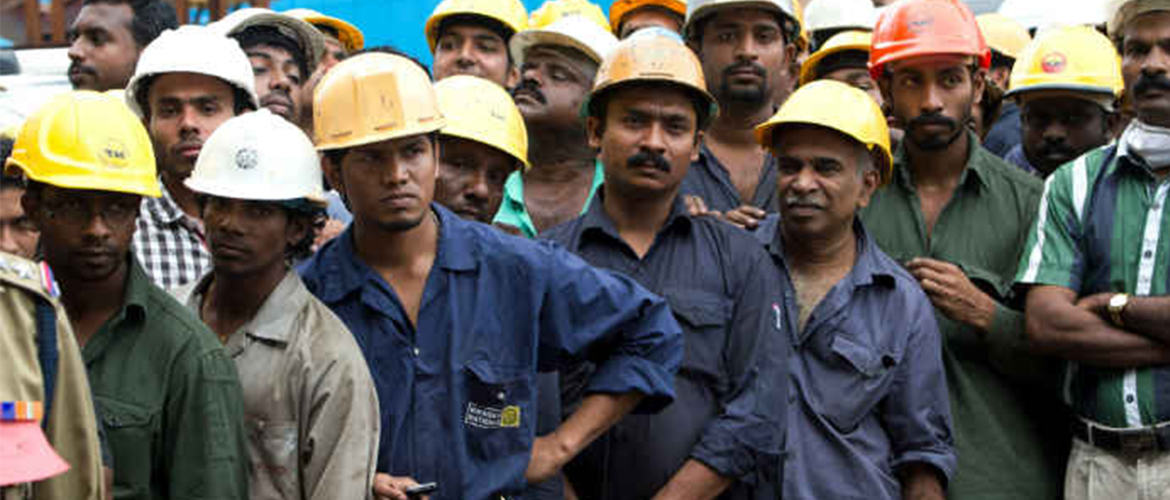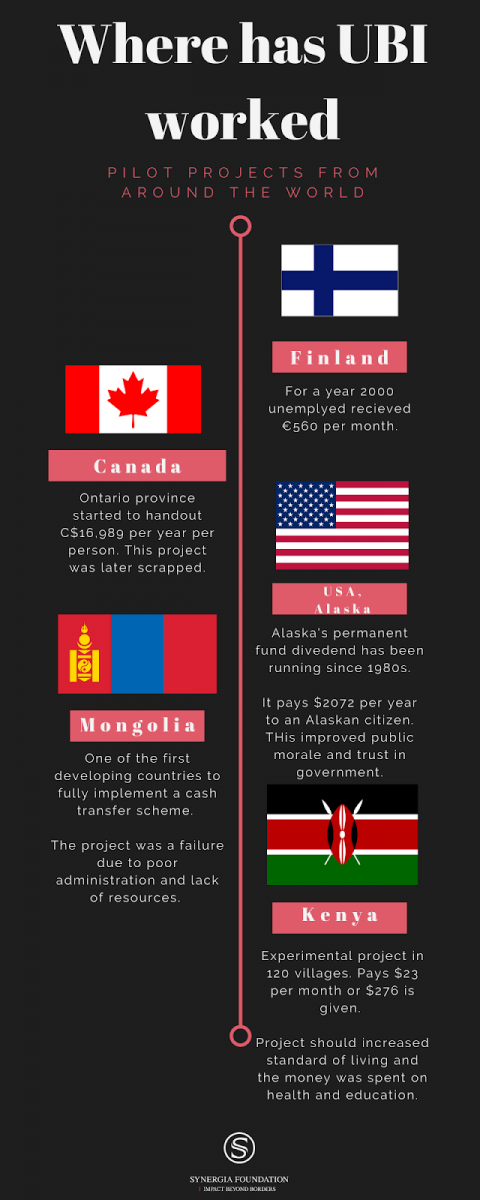COVID-19: Supporting the poor
March 27, 2020 | Expert Insights

Seeking a quick fix in a worsening situation
As scientists desperately work against a rising tide of fatalities to find a vaccine, policymakers must tackle the economic crisis at play. Due to collapsing demands, small and medium scales companies face closure. Cries for a quick fix are growing with every tweet.
The state's economic package should be focussed upon the bottom layers of the economic pile; the daily wage earners in the informal or unorganised sector. This includes the rickshaw puller, railway porter, the pavement stall owner and the like. The sudden and complete halt in all kinds of economic activities may well push many, already in the abysmal depths of abject poverty, towards starvation, if COVID-19 does not strike them down first.
In the broader context, the disruptions in all kinds of commercial activity accompanied by panic is pushing the country towards recession.
Of the many solutions suggested, the most logical one is the Universal Basic Income (UBI); the direct cash transfer to all eligible individuals by the government.
Developed countries like Canada, UK and the USA, which already have an extensive social security umbrella in place, are now toying with a universal distribution of cash subsidies to their weaker sections. The U.S. federal government is planning to give $1200 per adult for families with annual income below the $75,000 mark, and an additional $500 for every child in the family.
Although other countries might follow similar courses, there is also rising opposition to this scheme. The debate is whether to expend the funds on individuals or on industries that employ them.
America was losing 800,000 jobs per month during the 2008 financial crisis, but this time around, millions of jobs have been lost in a week. The developing situation is extremely dynamic; in fact, it is more worrying than it was initially anticipated. The state is in a bind as it confronts a multitude of needs to finance with its coffers. It is not only providing bread and butter to the millions of poor; the state also has to spend billions on strengthening its medical defences against the virus-ventilators, PPE, ICU wards, which are expensive.
Is this the best solution yet?
Critics of UBI say that a direct cash transfer might help if the economy is running and picking up, but if the economy is in a standstill, a cash transfer might not be sufficient. UBI was primarily seen as a supplement to the income of the household, but not as the income in-itself. The second issue is how many instalments of the UBI should be given to the needy, a one-time package, or should it be spread out once we are clear how long the crisis is going to last?
The third biggest concern is the difficulty in finding out who to give the money to, many developing countries still do not have effective bank penetration or digital access. Governments can dump the cash in bank accounts if people do not have the facility to use it without going to the banks. Data is also crucial in identifying who the real victims are; people in the informal sector are difficult to access. Developed countries, which already have unemployment insurance or the dole, have a clear picture of those under the poverty line or unemployed. India has no such database; Aadhar is the primary database, but as yet it does not list the citizen’s economic status or profile.
UBI is only part of the solution; it will have no effect in answering the supply side of the problem. Due to low demand and shutdown, many companies will eventually run out of money and would require a bail-out. An already stressed financial system might not be able to face this meltdown. The government is now caught in the horns of a dilemma; support the poor individual citizen or the private sector? If production stops and there are no longer essential goods being produced, what use does the UBI have?
Interest rates have been cut since the beginning of this crisis, by pumping more money into the system countries will have to face the risk of mounting inflation without productivity, thus stagflation. Many governments already have high budget deficits, and debt, India, for example, has fiscal deficits up to 9% of GDP (union and states included), the costs of UBI are then not financially prudent.

Imperfect answer, but still better than most.
UBI is still considered by many as the most viable option; it is the quickest and most efficient scheme right now available to people. This crisis is moving fast; thus, immediate action has to be taken. Evidence from Kuwait and Australia have shown that one-time cash transfers do not have much of an effect on inflation.
A combination of fintech and administrative efficiency is the key to the success of this scheme. The Jan Dhan accounts (cash transfer to farmers every six months) have shown that this system is handy in identifying the right recipients. Internet connectivity and bank penetration have increased, but other methods like linking post office accounts and ration cards can be considered.
Once operational, the one nation ration card (ONRC) would be the best solution as migrants can use this card anywhere in a country, and since the enrolment process for the ONRC would be stringent enough to render eligible only the poorest of the poor, the ONRC would be the basis for distribution of UBI
Generally, government welfare schemes collapse due to the high marginal cost of public funds (MCPF), i.e. the amount spent by the government to provide Rs 1 of goods to its citizens. Countries like India have an MCPF of 2.5 to 3.5, which means the government needs to spend an extra of Rs 3 for providing goods worth Rs 1. UBI avoids this as it cuts through layers of bureaucracy and corruption by putting money directly in the pockets of the people who need it.
Assessments
Countries need to move fast before the situation worsens because the rate of unemployment has increased, and families will be under acute financial constraint, especially those who are daily wage earners. However, without the right technology, adequate finance or proper planning, this system will bring no relief.
Provincial states can supplement the efforts of the Federal Government. For example, Tamil Nadu government has announced a cash transfer of Rs 1000 to every ration cardholder. Bihar has announced that it will provide free ration for cardholders.
UBI requires a highly aware population, one which understands the perks of UBI. Uninformed citizens will continue to face the burden of this distress. Governments and administrators need to take extra efforts to educate people on such schemes.








Comments